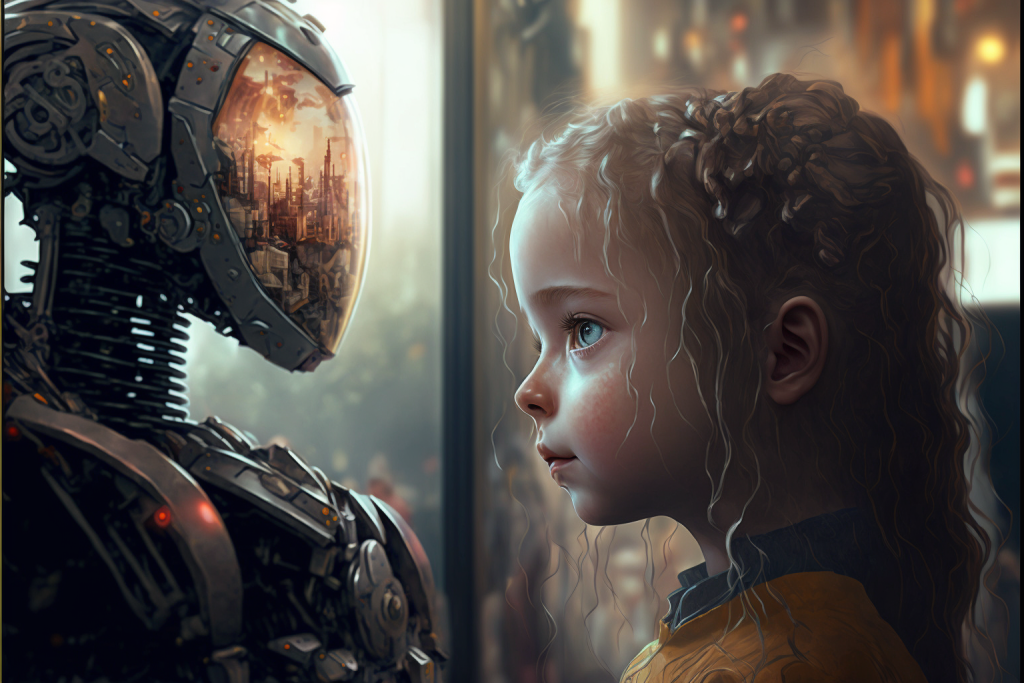
Artificial intelligence, or AI, has come a long way since its inception in the 1950s. From early developments in programming languages and robots to the more recent advancements in machine learning and deep learning, AI has the potential to transform a wide range of industries. As we look to the future, it is clear that AI will continue to play a significant role in our lives. Here are some predictions for the future of AI.
One of the most exciting possibilities for the future of AI is its potential to enhance and augment human capabilities. Already, we are seeing the use of AI in fields such as healthcare, where it is being used to analyze medical images and diagnose diseases. In the future, it is possible that AI could be used to assist doctors in surgeries or to develop personalized treatment plans for patients. AI could also be used to enhance human productivity in a variety of fields, from finance to manufacturing.
Another potential application of AI is in the area of transportation. Self-driving cars are already a reality, and it is likely that in the near future we will see the widespread adoption of autonomous vehicles. AI could also be used to optimize transportation networks and reduce traffic congestion.
In addition to these practical applications, AI could also be used to solve some of the world’s most pressing problems. For example, AI could be used to analyze data and develop solutions to address climate change, or to help us better understand and address social issues such as poverty and inequality.
Of course, the future of AI is not without its challenges. One major concern is the potential impact of AI on employment. As AI continues to become more advanced, it is possible that certain jobs will be automated, leading to job displacement. It will be important for governments and businesses to address this issue and ensure that the benefits of AI are fairly distributed.
Another challenge is the ethical considerations surrounding AI. As AI becomes more prevalent, it is important to ensure that it is developed and used ethically, without bias and with consideration for the consequences of its actions.
Overall, the future of AI is exciting and full of possibilities. It has the potential to transform industries, augment human capabilities, and solve some of the world’s most pressing problems. While there will be challenges to overcome, the advancements in AI have the potential to bring about significant positive change.
